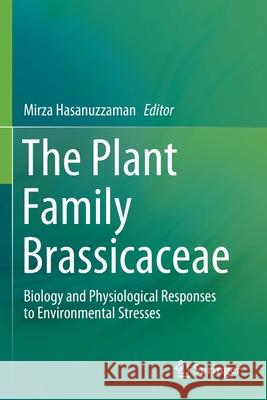The Plant Family Brassicaceae: Biology and Physiological Responses to Environmental Stresses » książka
topmenu
The Plant Family Brassicaceae: Biology and Physiological Responses to Environmental Stresses
ISBN-13: 9789811563478 / Angielski / Miękka / 2021 / 531 str.
The Plant Family Brassicaceae: Biology and Physiological Responses to Environmental Stresses
ISBN-13: 9789811563478 / Angielski / Miękka / 2021 / 531 str.
cena 685,93
(netto: 653,27 VAT: 5%)
Najniższa cena z 30 dni: 655,41
(netto: 653,27 VAT: 5%)
Najniższa cena z 30 dni: 655,41
Termin realizacji zamówienia:
ok. 22 dni roboczych
Bez gwarancji dostawy przed świętami
ok. 22 dni roboczych
Bez gwarancji dostawy przed świętami
Darmowa dostawa!
Kategorie:
Kategorie BISAC:
Wydawca:
Springer
Język:
Angielski
ISBN-13:
9789811563478
Rok wydania:
2021
Wydanie:
2020
Ilość stron:
531
Waga:
0.75 kg
Wymiary:
23.39 x 15.6 x 2.82
Oprawa:
Miękka
Wolumenów:
01
Dodatkowe informacje:
Wydanie ilustrowane











